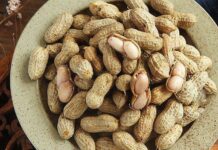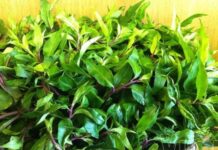Boiling and stir-frying are two common methods of cooking vegetables. We often hear that overcooking vegetables can lead to a loss of nutrients. However, have you ever wondered which method, boiling or stir-frying, leads to a greater loss of nutrients? If you think that stir-frying causes a greater loss of nutrients, you’re mistaken. Let’s explore this further in this article.
1 Boiling or Stir-Frying: Which Leads to More Nutrient Loss?
According to Nutritionist and Spokesperson for Dietitians Australia, Clare Evangelista, the retention of nutrients in vegetables depends on the type of vegetable and the cooking method used.
When boiling vegetables, water-soluble vitamins and minerals, such as vitamins C and B, can leach out into the water, especially when boiled for extended periods at high temperatures.
On the other hand, when you stir-fry vegetables, the oil can be absorbed, leading to water loss, but this can be easily remedied by adding a small amount of olive oil.
Research conducted by the University of Granada in Spain concluded that stir-frying is a better option than boiling or steaming.
The scientists tested this theory on potatoes, tomatoes, eggplants, and pumpkins. The results showed that while stir-frying could lead to water loss in the vegetables, it also increased the levels of beneficial carotenoids and phenolic compounds, which are important for antioxidant activity.
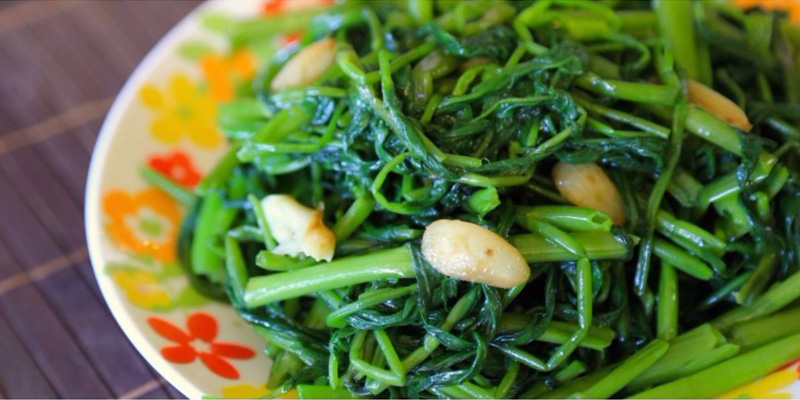
2 Five Vegetables You Should Not Boil
Here is a list of five vegetables that Nutritionist Tracy Lesht recommends avoiding boiling:
Cabbage
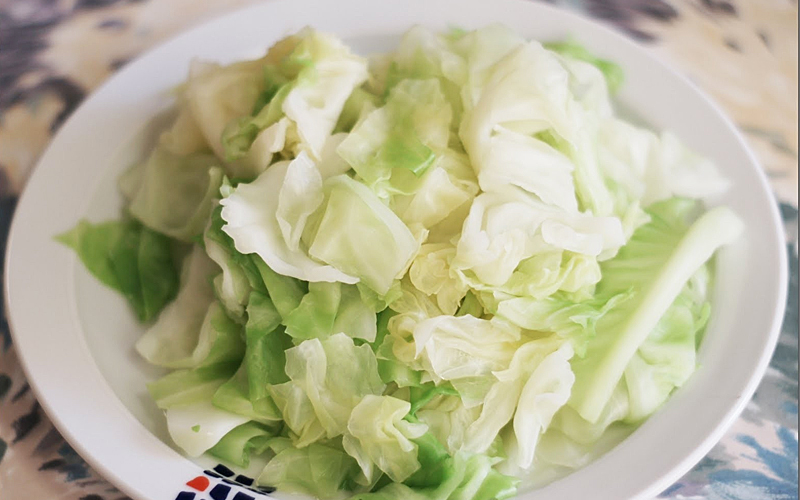
Cabbage is a vegetable that contains higher levels of vitamin C than some other vegetables. The combination of vitamin C and vitamin P in cabbage helps strengthen blood vessels and prevent strokes. Cabbage also contains compounds that have cancer-fighting properties.
Boiling cabbage at high temperatures for extended periods can cause these vitamins and nutrients to leach into the water.
Spinach (Spinach)
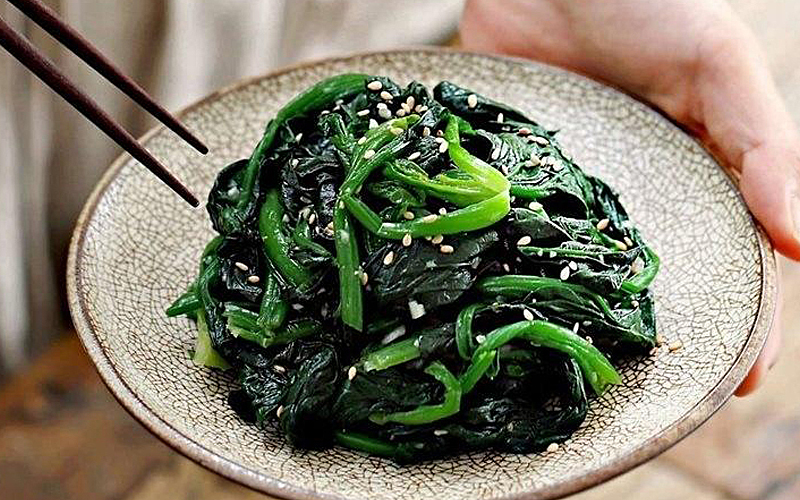
Spinach is a vegetable that is rich in iron and vitamin C. Iron helps with blood formation, while vitamin C enhances the absorption of iron in the digestive tract. To prevent the loss of these vitamins, avoid boiling spinach.
Curly Kale (Kale)
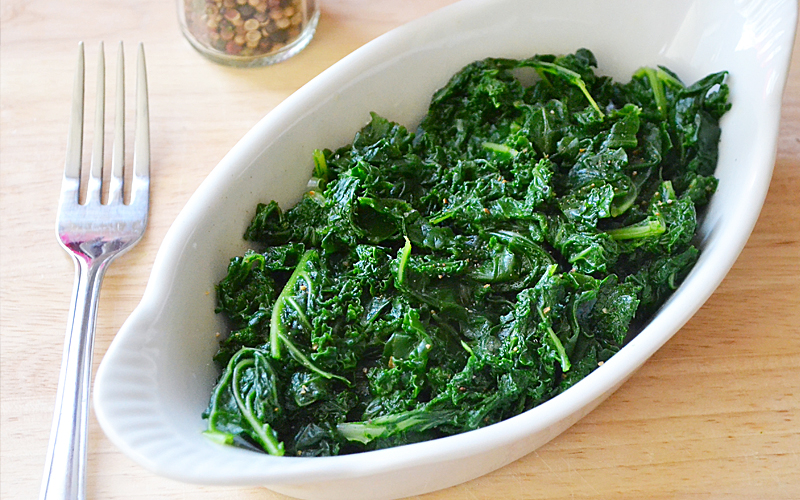
Curly kale, or simply kale, is a popular superfood that is packed with vitamins and nutrients.
However, similar to the other vegetables mentioned, it is best to avoid boiling kale to prevent the loss of these valuable nutrients.
Broccoli
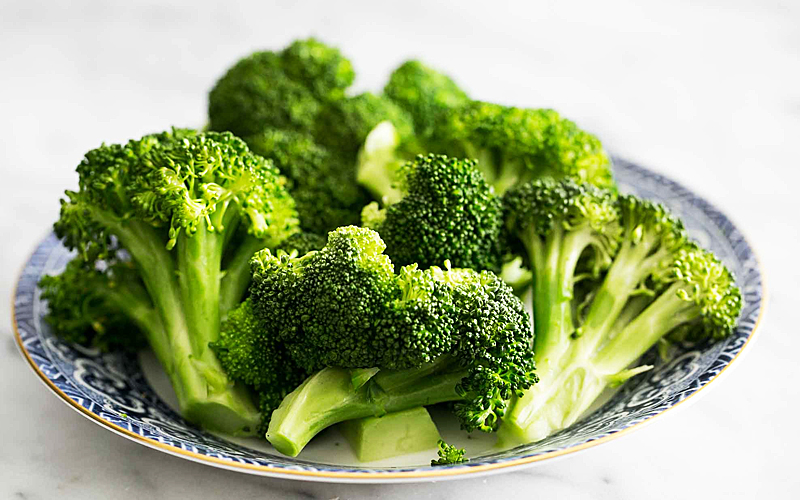
Broccoli has long been considered a “superfood” due to its abundance of nutrients, including iron, vitamins, protein, and calcium.
If you want to retain these nutrients, it’s best to avoid boiling broccoli.
Beans (Green Beans, Peas, etc.)
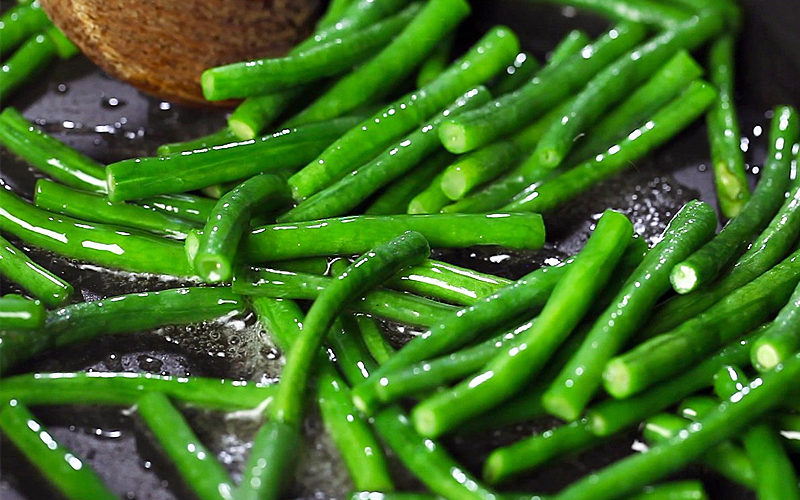
Beans are also packed with various vitamins and nutrients. Boiling beans for extended periods can cause a significant loss of these valuable nutrients.
Nutritionist Tracy Lesht suggests alternative cooking methods such as steaming, roasting, stir-frying, or even boiling with minimal water. If you do choose to boil, consider using the leftover water for soup or broth to minimize nutrient loss.
If you still want to boil your vegetables, here are some tips to follow:
– Use just enough water to cover the vegetables, preventing them from burning or drying out. You can also refer to to learn how to retain the original nutrients in your vegetables during boiling.
– Only add the vegetables to the pot once the water is boiling, reducing the overall cooking time.
– Use the leftover vegetable water for soups or broths to make the most of the vitamins.
Now you know which cooking method leads to more nutrient loss and how to mitigate it. Remember to choose the right cooking method and make the most of the nutrients in your vegetables for a healthier diet.
Source: suckhoedoisong.vn
How to Steam Vegetables Without Water While Keeping Nutritional Quality
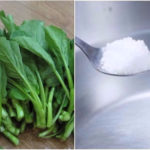 Vegetables Without Water While Keeping Nutritional Quality’>
Vegetables Without Water While Keeping Nutritional Quality’>Are you looking for an efficient and nutritious way to cook your vegetables? XANH Appliances has the answer with two incredible methods of boiling vegetables without the need for water. Find out how to make the most of your vegetables with XANH Appliances!
Exploring Alternative Cooking Methods for Better Health – Part 2
Are you interested in providing nutricious meals for your family, but don’t know what cooking methods to use? Don’t let your lack of cooking skills keep you from providing the best possible health benefits for your family! Discover the different healthy cooking techniques that can maximize the nutrition in each delicious dish you create.













